Featured Articles
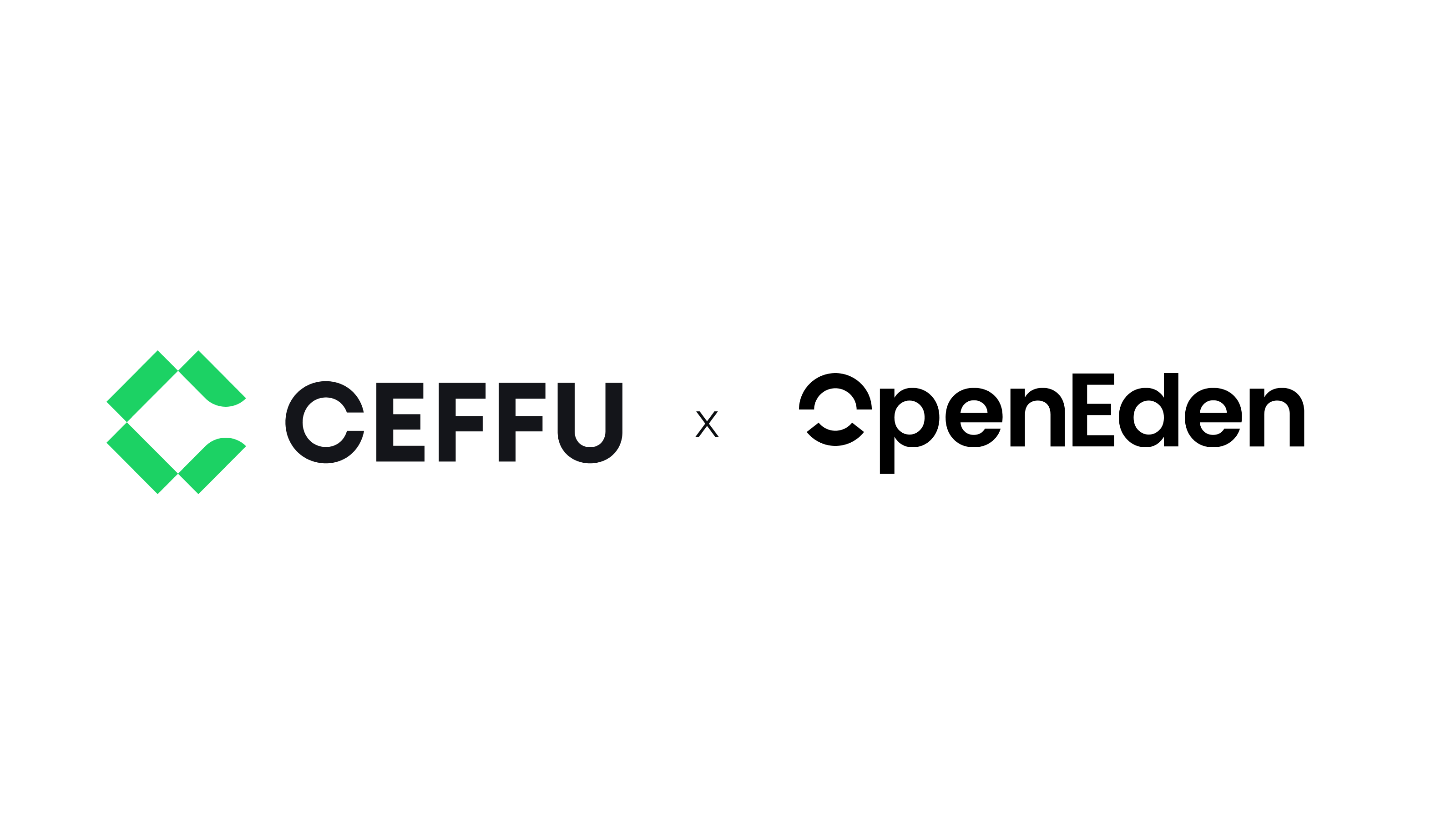
Ceffu integrates with OpenEden to enable yield-bearing digital assets as collateral on MirrorRSV
Ceffu is excited to announce our integration with OpenEden, bringing the first yield-bearing digital asset as collateral on MirrorRSV. This partnership addresses institutional demand for capital-efficient solutions while maintaining the security and compliance standards our clients expect.

No Fees, Just Settlement: Ceffu Announces Zero-Fee Access to MirrorX & MirrorRSV
We are proud to mark two major milestones in our journey to provide secure and efficient off-exchange settlement infrastructure for institutional clients. Two years ago, we introduced MirrorX, our flagship off-exchange settlement solution.

Ceffu Receives In-Principle Approval for VASP License from Dubai VARA
We are thrilled to announce Ceffu has received In-Principle Approval (IPA) from the Dubai Virtual Assets Regulatory Authority (VARA) for our Virtual Asset Service Provider (VASP) license application. This approval enables Ceffu to offer institutional-grade custody services to Qualified Investors in and from Dubai - marking a major step in expanding our presence in the region’s fast growing virtual asset market.
Recent Articles

Ceffu Secures Full Virtual Asset Service Provider (VASP) License from Dubai VARA
Ceffu is pleased to announce that the Dubai Virtual Assets Regulatory Authority ("VARA") has granted Ceffu Custody FZE (“Ceffu Dubai”) a full Virtual Asset Service Provider (VASP) operating license to provide custody services.
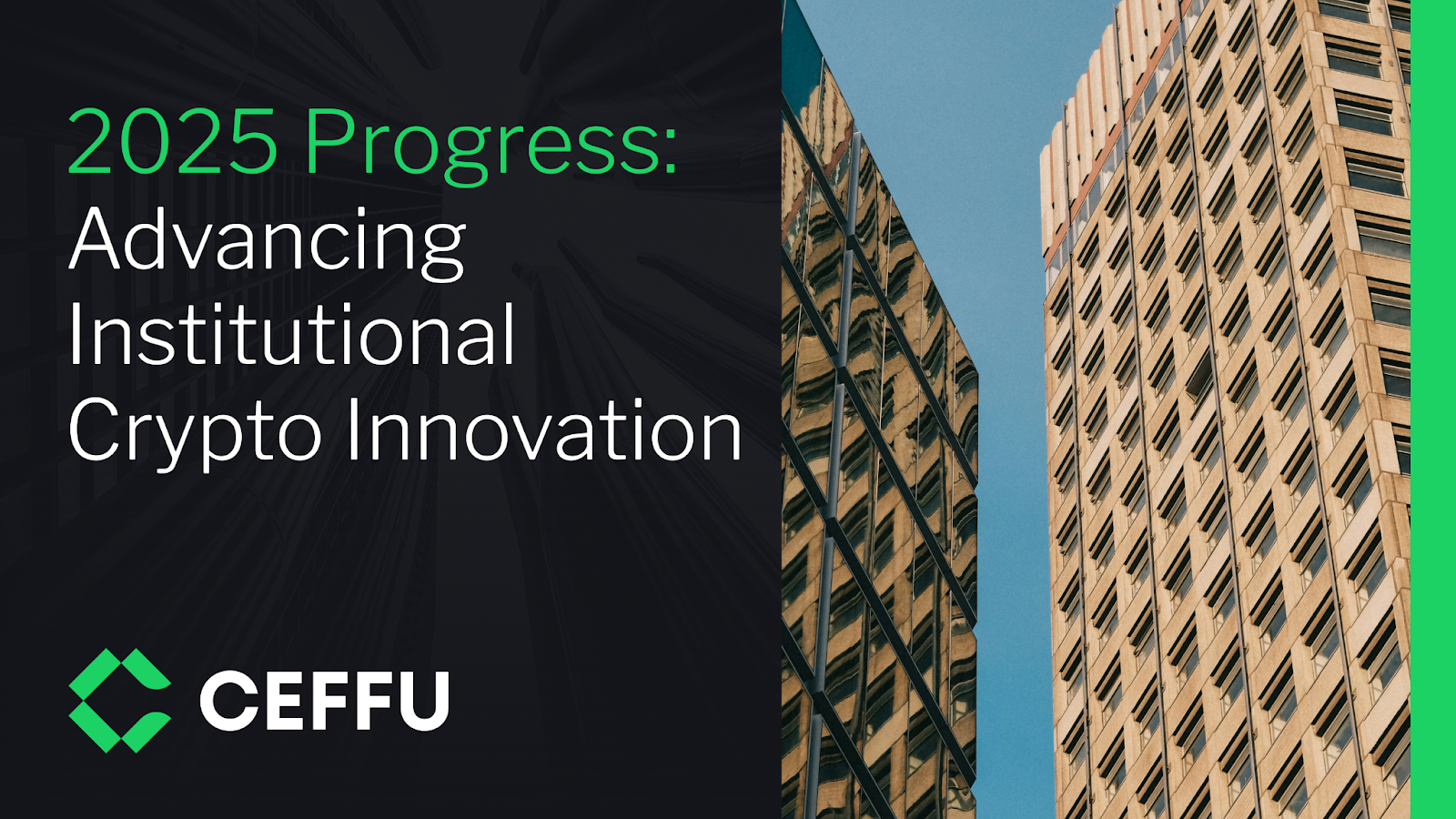
2025 Progress: Advancing Institutional Crypto Innovation
In the first half of 2025, the digital assets industry has experienced a positive momentum as regulators, particularly in the US, introduced clearer frameworks like the GENIUS Act and CLARITY Act, providing a friendlier environment for digital assets.
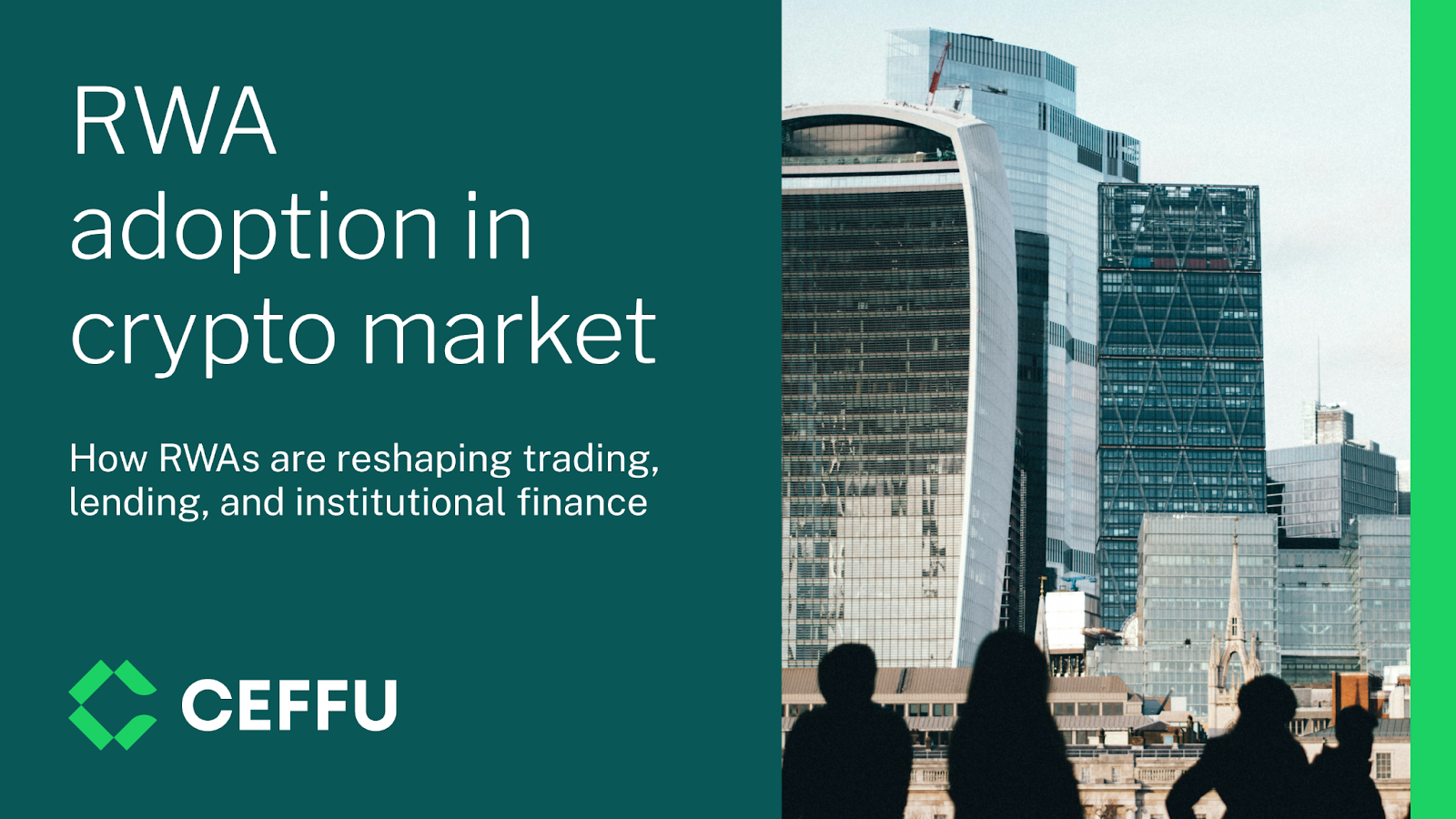
RWA Adoption in Crypto Capital Markets: Where Are We Now?
We will take a closer look at the current state of RWA adoption in crypto capital markets, how it’s reshaping trading, lending, and DeFi, and what institutions should expect next.
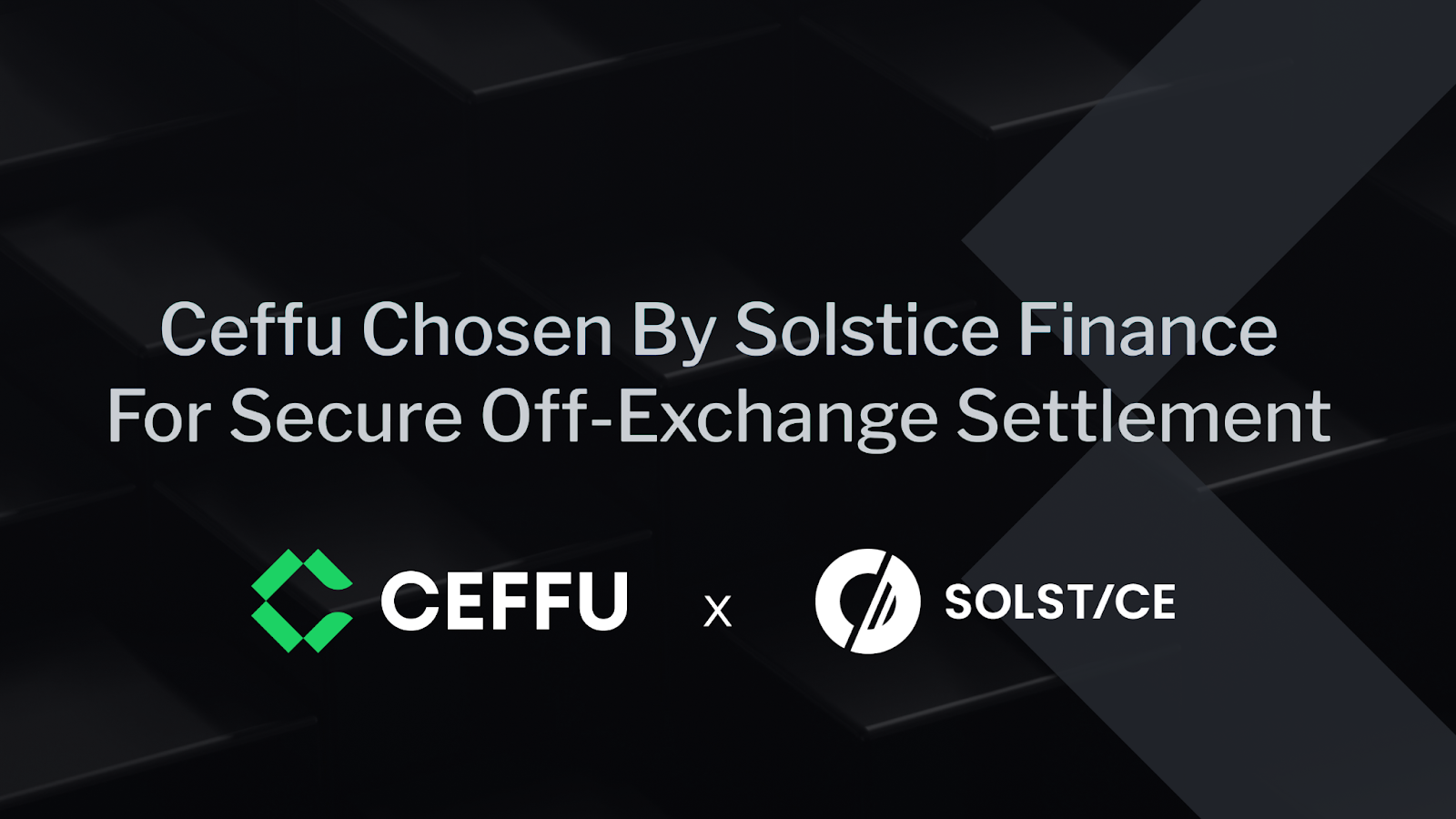
Ceffu Chosen by Solstice Finance for Secure Off-Exchange Settlement
Ceffu is proud to announce a partnership with Solstice Finance, the Solana-native synthetic stablecoin and yield-generating protocol.
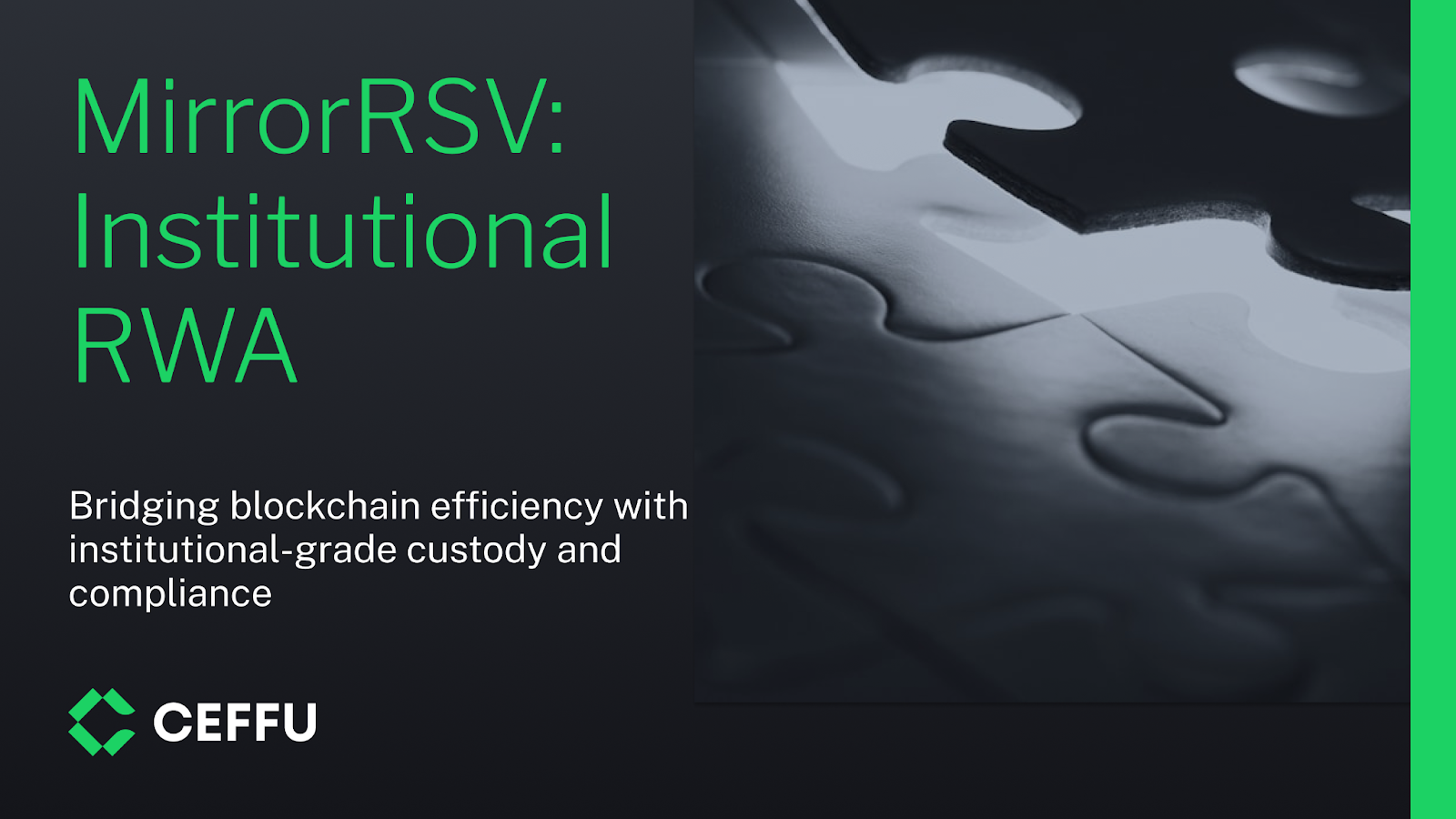
MirrorRSV: Architecting Institutional Access to Real-World Assets
The tokenized real-world asset (RWA) market has ballooned to $24 billion in June 2025, driven largely by institutional demand for more efficient settlement, transparent custody, and yield-bearing collateral. Yet adoption faces a critical hurdle: most solutions force institutions to choose between blockchain’s efficiency and the segregated custody, compliance integration, and risk management their mandates require—a tradeoff that is a non-starter for fiduciaries.